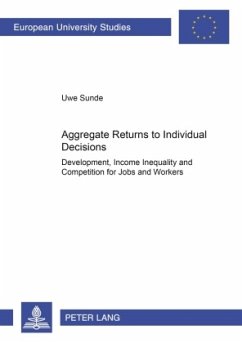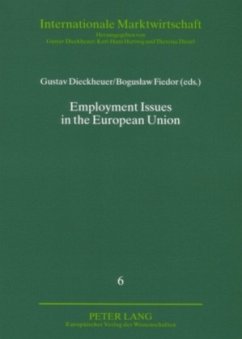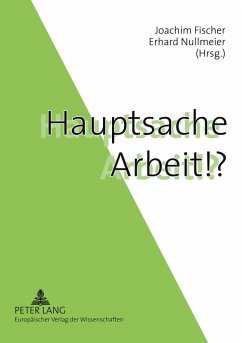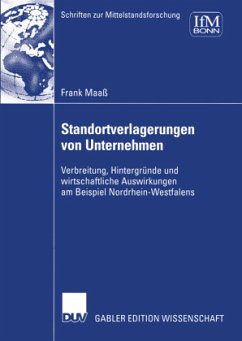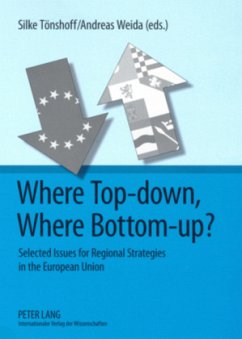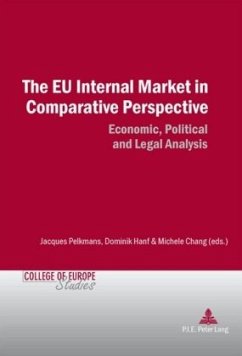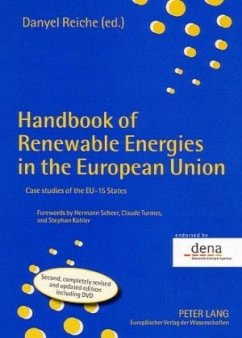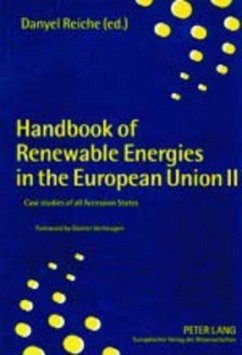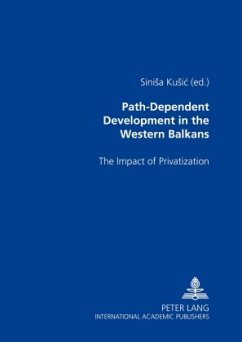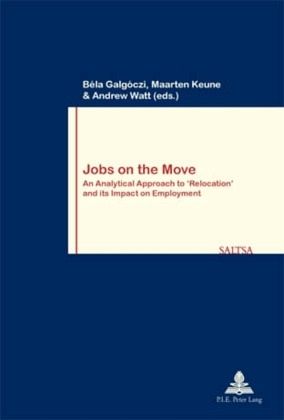
Jobs on the Move
An Analytical Approach to 'Relocation' and its Impact on Employment
Herausgegeben: Galgóczi, Béla; Keune, Maarten; Watt, Andrew
Versandkostenfrei!
Versandfertig in 6-10 Tagen
54,90 €
inkl. MwSt.

PAYBACK Punkte
0 °P sammeln!
In recent years, throughout Europe, increasing concerns have been raised about the relocation of production and jobs. Workers and unions in the EU-15 are worried about the rise of 'relocation' as it can lead to a massive exodus of well-paid jobs to countries with lower wages or less stringent labour regulations and a weakening of labour's bargaining position and thus to a downward spiral of wages and working conditions. For the new member states of the EU on the other hand, foreign direct investment (FDI) is a key driver of technological change and higher living standards. What is the extent o...
In recent years, throughout Europe, increasing concerns have been raised about the relocation of production and jobs. Workers and unions in the EU-15 are worried about the rise of 'relocation' as it can lead to a massive exodus of well-paid jobs to countries with lower wages or less stringent labour regulations and a weakening of labour's bargaining position and thus to a downward spiral of wages and working conditions. For the new member states of the EU on the other hand, foreign direct investment (FDI) is a key driver of technological change and higher living standards.
What is the extent of relocation and what are its qualitative impacts? The aim of this book is to explore the complexity of the new forms of international division of labour within the enlarged EU using an analytical approach. Away from the spotlight of individual cases and anecdotal evidence, 'relocation' proves to be a complex phenomenon. Direct or indirect forms of 'factor substitution' (of capital and labour) are used as they are vital to understanding the issue of relocation. To comprehend how these complex processes work, regional considerations and sector-specific features are analysed in the rest of the chapters. The employment impact of these processes both in quantitative and qualitative terms is the main focus of this book. On basis of the findings implications for trade union strategies are drawn out in the concluding chapter.
What is the extent of relocation and what are its qualitative impacts? The aim of this book is to explore the complexity of the new forms of international division of labour within the enlarged EU using an analytical approach. Away from the spotlight of individual cases and anecdotal evidence, 'relocation' proves to be a complex phenomenon. Direct or indirect forms of 'factor substitution' (of capital and labour) are used as they are vital to understanding the issue of relocation. To comprehend how these complex processes work, regional considerations and sector-specific features are analysed in the rest of the chapters. The employment impact of these processes both in quantitative and qualitative terms is the main focus of this book. On basis of the findings implications for trade union strategies are drawn out in the concluding chapter.



